9 GPTs for Alternate History Powered by AI for Free of 2025
AI GPTs for Alternate History are advanced generative pre-trained transformers tailored for creating, analyzing, and interpreting alternate historical scenarios. These tools leverage AI to explore 'what if' scenarios, helping users imagine how different actions or events might have changed history. By synthesizing vast amounts of historical data, they provide insights into alternate outcomes, fostering a deeper understanding of history's complexities and the interconnectedness of events. Their role in the field of alternate history is to offer novel perspectives and generate discussions around historical narratives, demonstrating the potential of AI in enriching our grasp of the past.
Top 9 GPTs for Alternate History are: Three Kingdoms Life Simulation(三国人生模拟),Retro Cyber News Scribe,Dieselpunk Aliens, a text adventure,The Infinite Library,Dieselpunk Battles, a text adventure game,B-Movie Battles, a text adventure game,織田信長の人生やり直しじゃ,🪖 Epic Battles lv2.5,Imperial Odyssey: Caesar
Three Kingdoms Life Simulation(三国人生模拟)
Rewrite history with AI-powered Three Kingdoms.
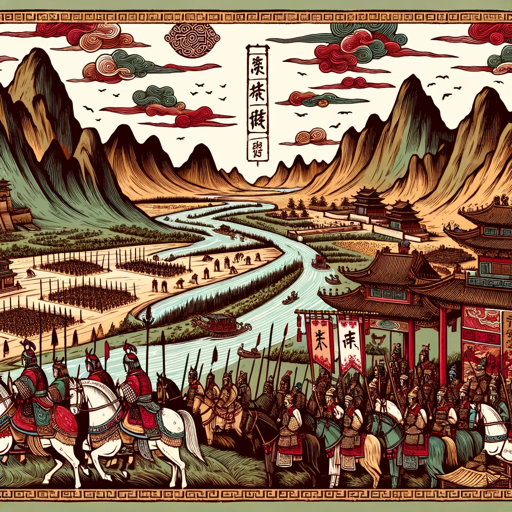
Retro Cyber News Scribe
Crafting Cyberpunk Past with AI
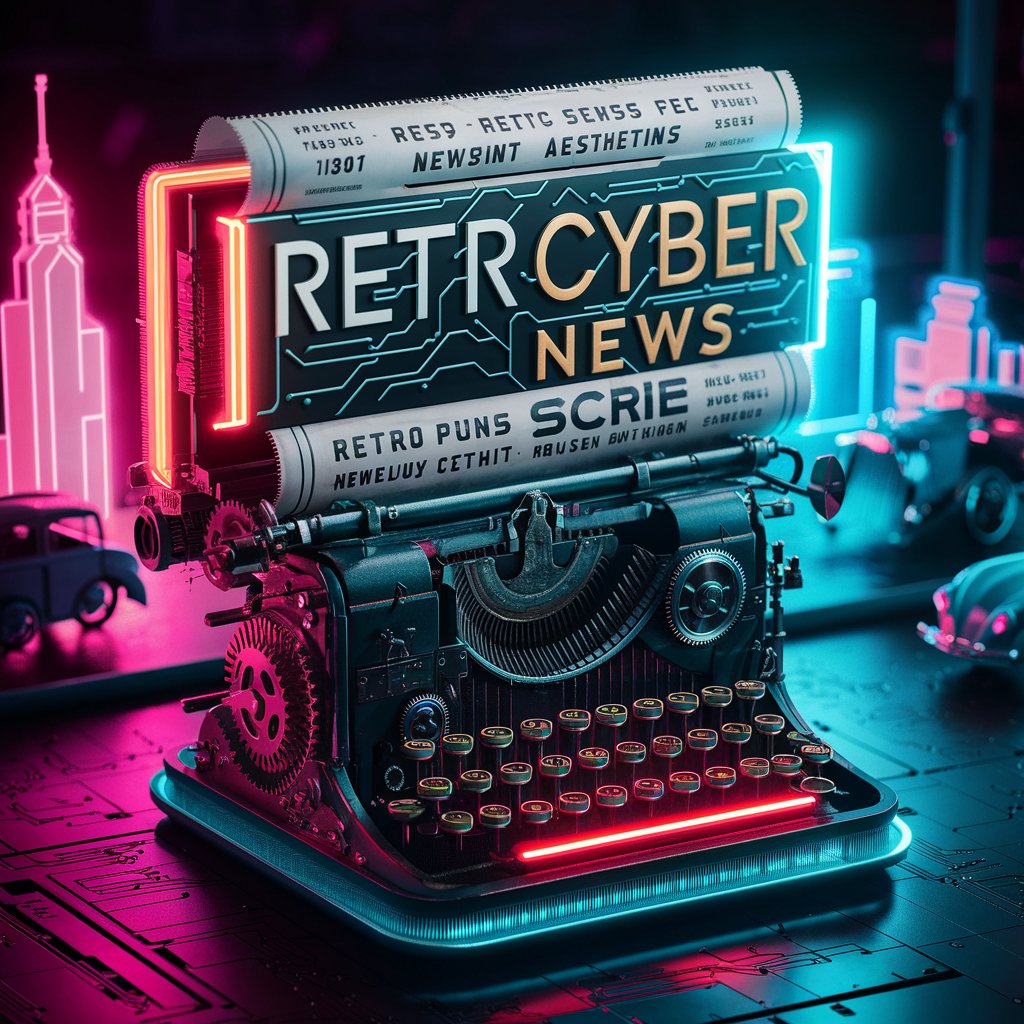
Dieselpunk Aliens, a text adventure
Command the resistance in a dieselpunk world.
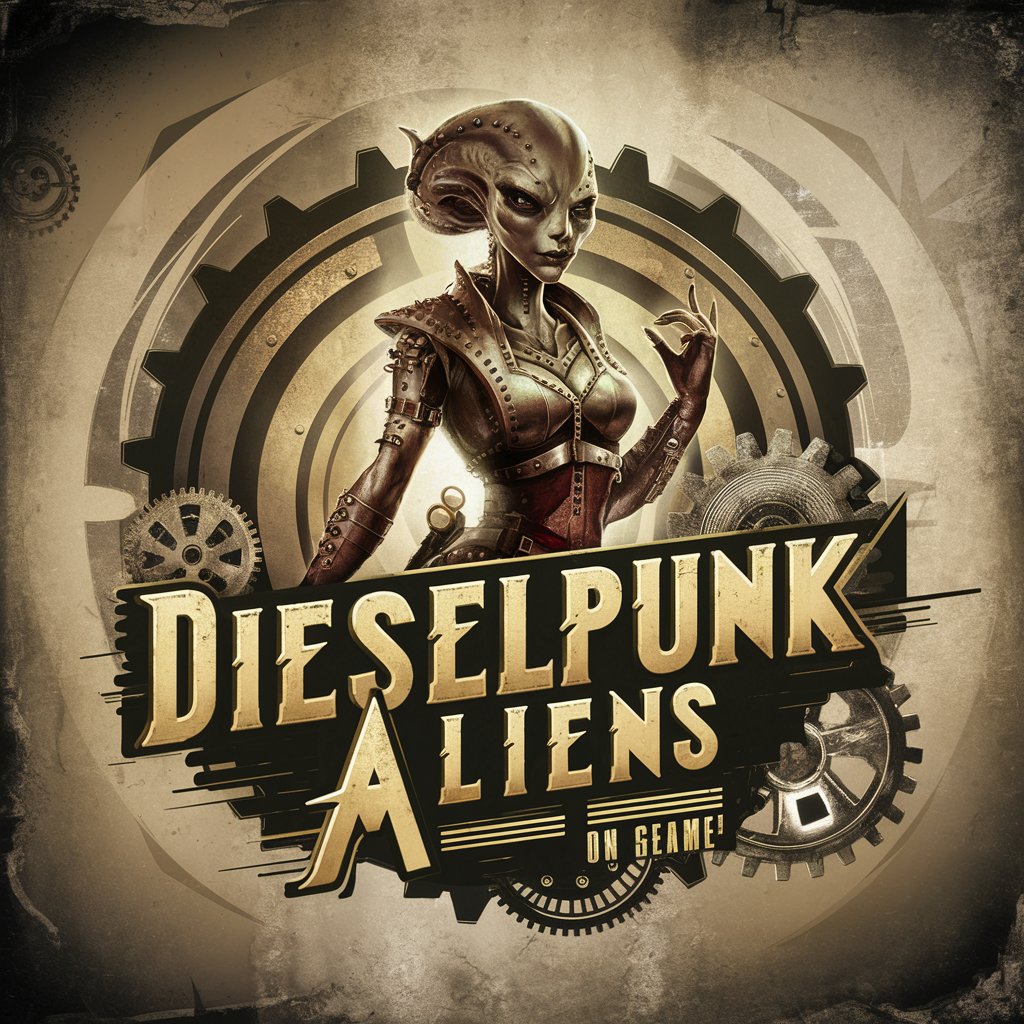
The Infinite Library
Discover Infinite Stories Across Imaginary Civilizations
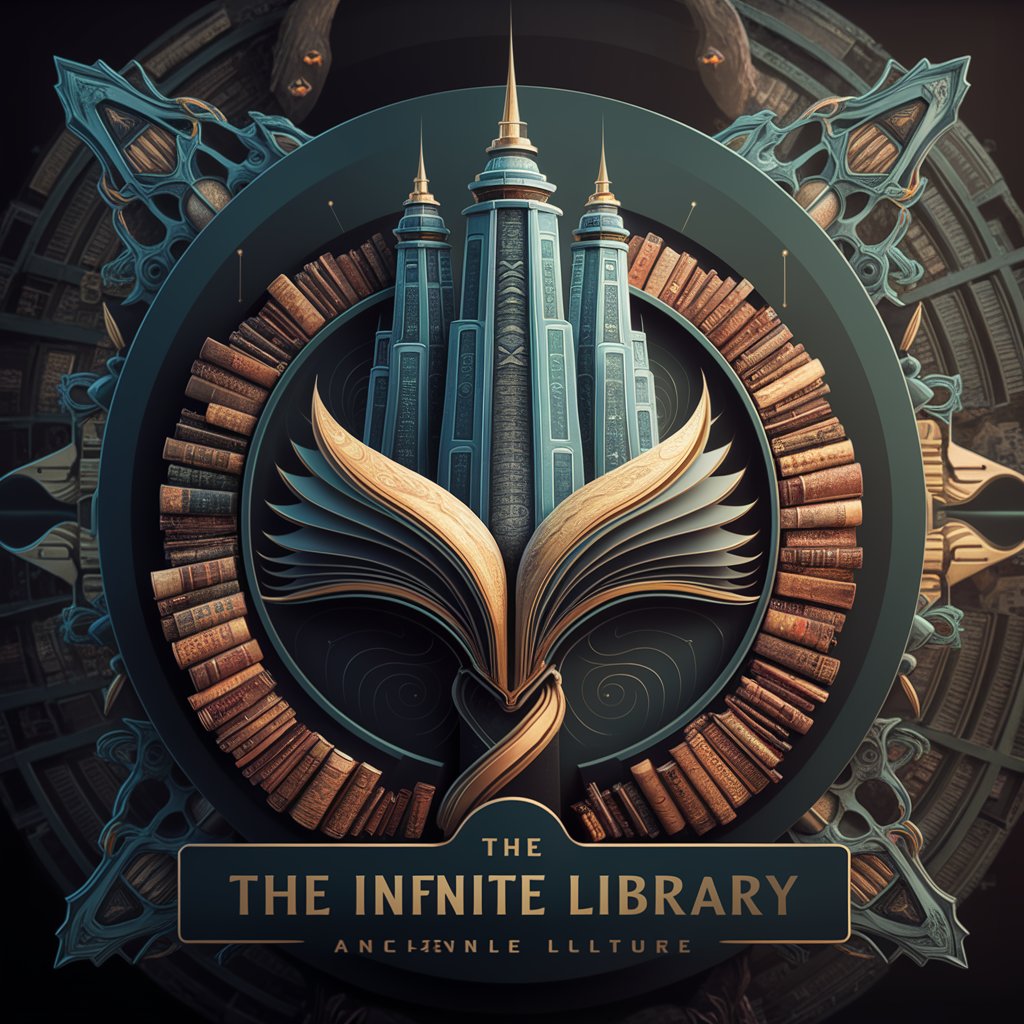
Dieselpunk Battles, a text adventure game
Strategize, Command, Rewrite History
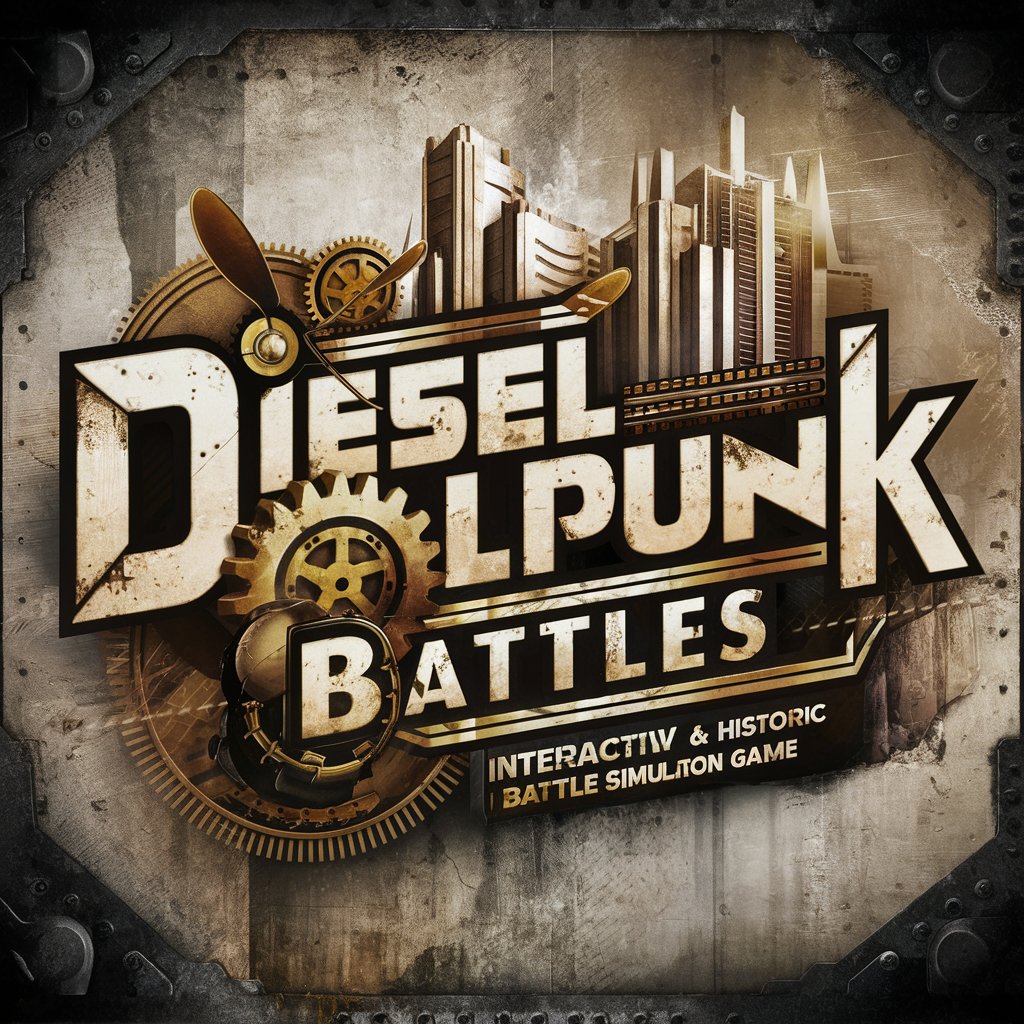
B-Movie Battles, a text adventure game
Rewrite history, command epic battles.
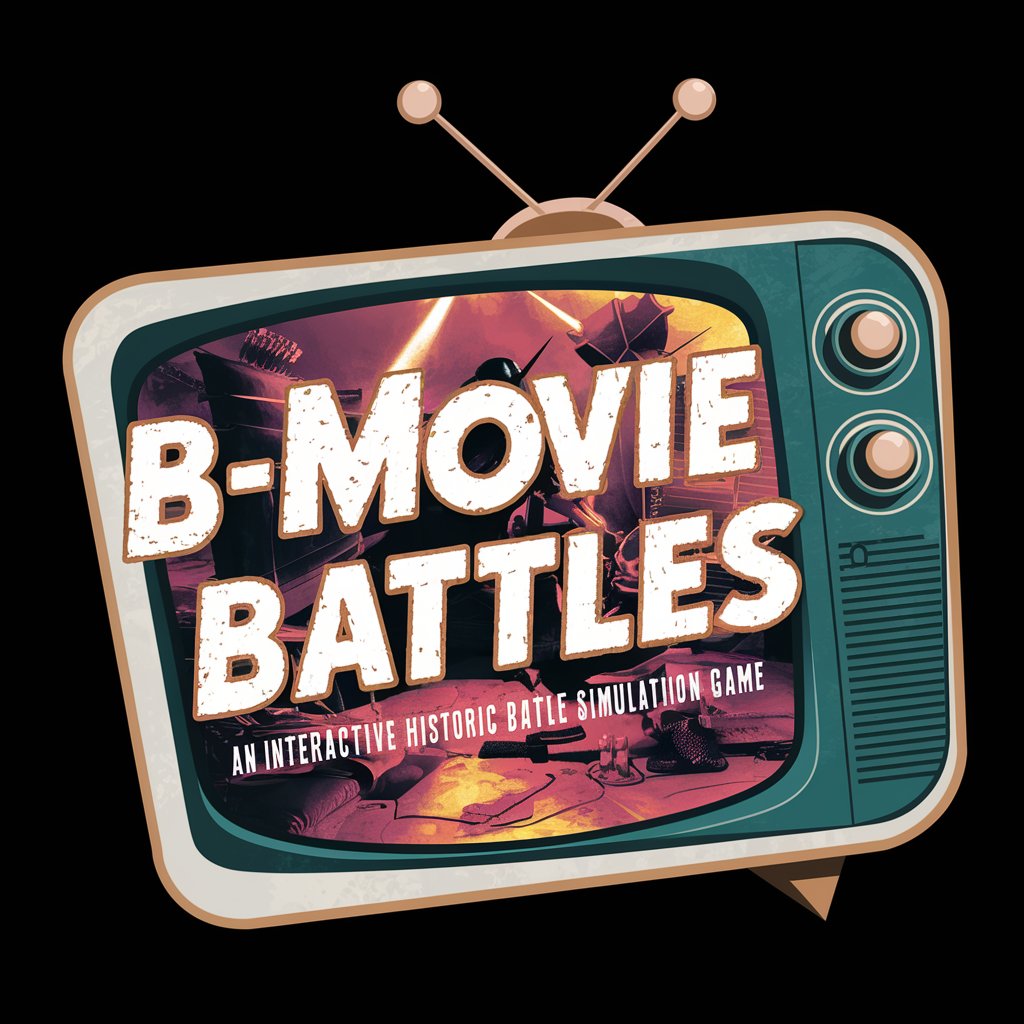
織田信長の人生やり直しじゃ
Redefine Nobunaga's Legacy
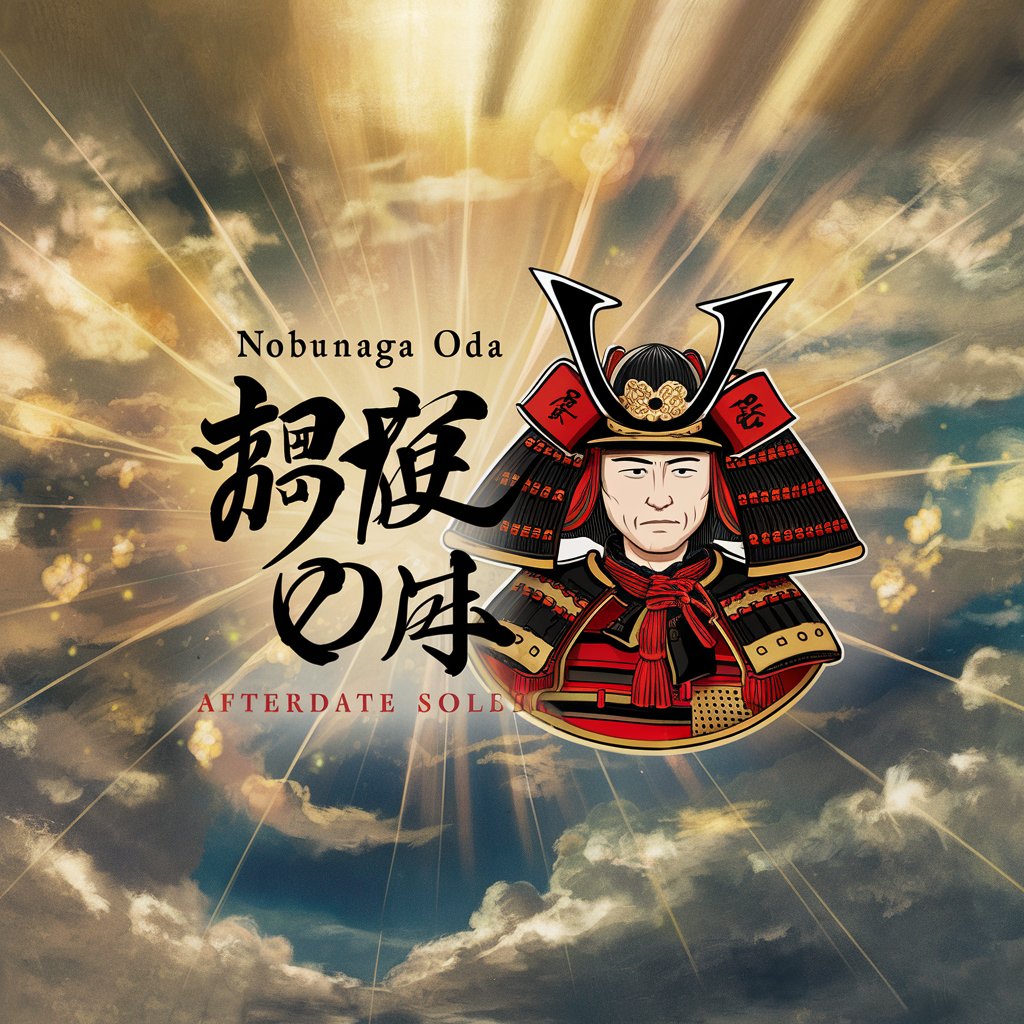
🪖 Epic Battles lv2.5
Reimagine history with AI-powered battle scenarios.
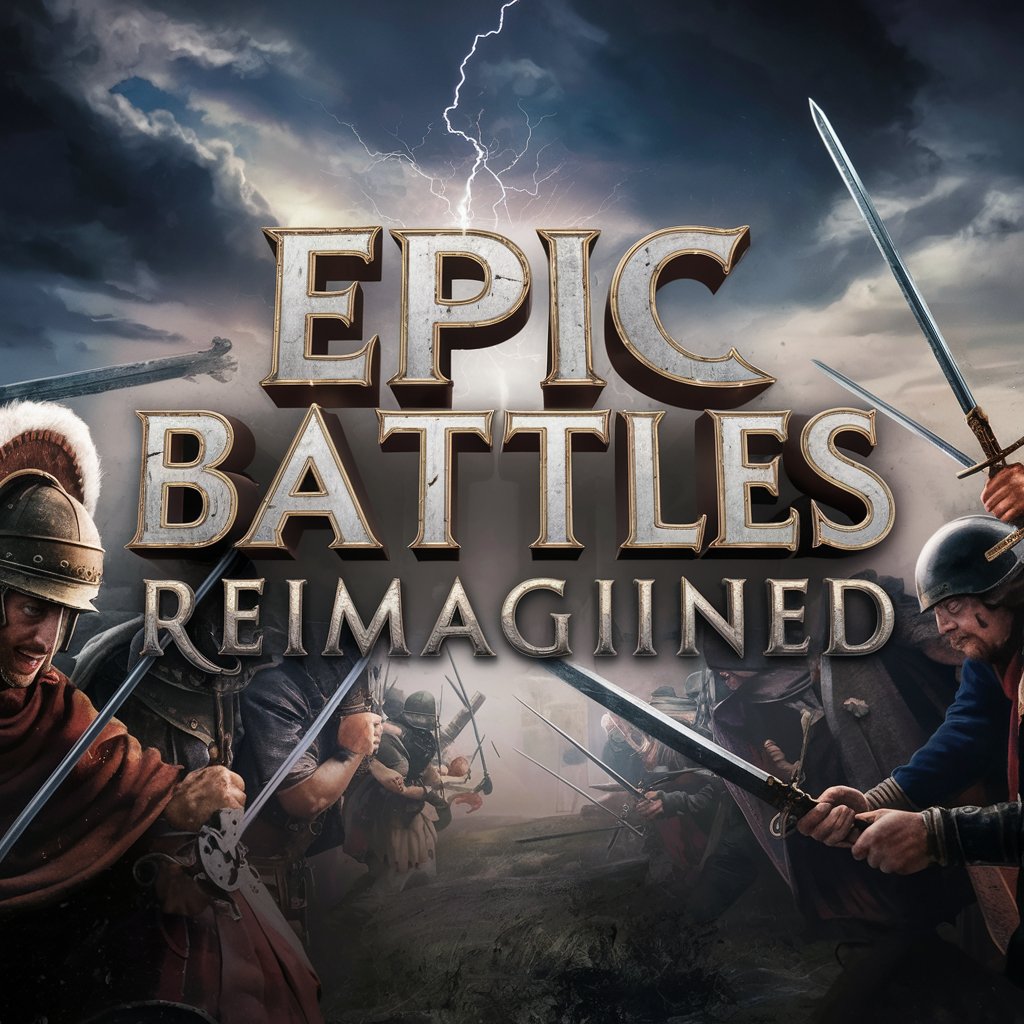
Imperial Odyssey: Caesar
Shape Rome’s Destiny with AI
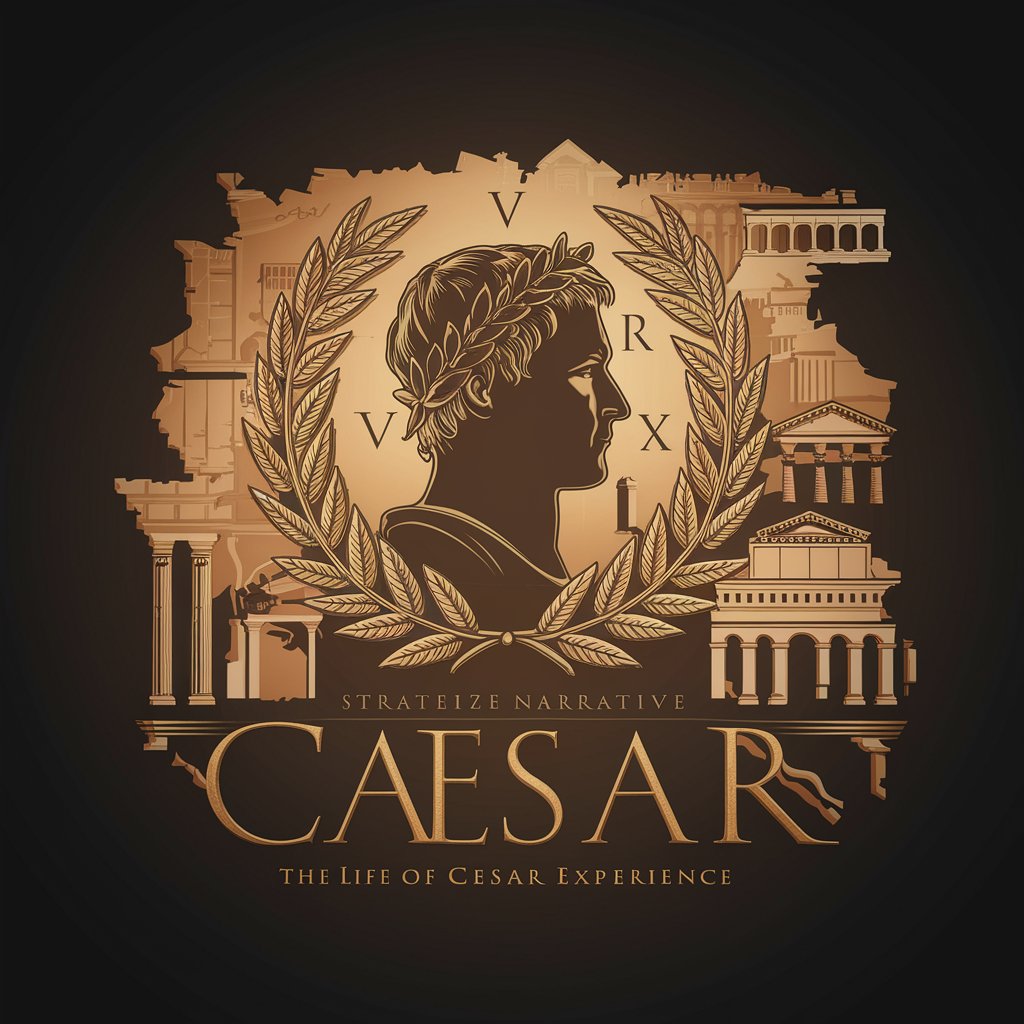
Key Attributes and Functions
AI GPTs for Alternate History are distinguished by their ability to process and generate content specific to hypothetical historical outcomes. Core features include natural language understanding for interpreting complex historical texts, content generation that can create detailed alternate history narratives, and adaptability to various scenarios ranging from minor events to major historical shifts. Enhanced features may encompass language learning for analyzing historical documents in different languages, technical support for integrating with other educational or research tools, web searching for gathering historical data, image creation for visualizing alternate events, and advanced data analysis for predicting outcomes based on historical trends.
Who Benefits from Alternate History AI GPTs
These AI tools are designed for a broad audience, including history enthusiasts, scholars, educators, writers, and developers. They cater to novices with an interest in historical what-if scenarios, providing an accessible entry point without requiring coding skills. Simultaneously, developers and professionals in the field of history or education can leverage these tools' customization options for more specialized applications, making them a versatile resource for exploring alternate historical narratives.
Try Our other AI GPTs tools for Free
Imaginative Reading
Explore the transformative potential of AI GPTs for Imaginative Reading, designed to enrich storytelling and creative content through tailored, interactive experiences.
Behavior Tips
Discover how AI GPTs for Behavior Tips can transform your approach to personal development and professional counseling with tailored, AI-driven advice.
Care Assistance
Discover how AI GPTs for Care Assistance revolutionize care services with personalized, accessible, and efficient AI-driven solutions, tailored for healthcare professionals, caregivers, and tech developers.
Programming Examples
Discover how AI GPTs for Programming Examples can transform your coding experience with tailored solutions, efficiency enhancements, and comprehensive support for all skill levels.
Investment Properties
Discover how AI GPTs for Investment Properties revolutionize real estate investment with data-driven insights, personalized strategies, and intuitive tools designed for investors at all levels.
Subscription Drive
Discover how AI GPTs revolutionize subscription management with tailored automation, enhancing engagement, and driving growth. Ideal for businesses aiming to scale.
Expanding Horizons with AI in Alternate History
AI GPTs for Alternate History not only open new avenues for historical exploration but also demonstrate the potential of AI in educational and research contexts. Their user-friendly interfaces make them accessible to a wide audience, while their customization capabilities allow for deeper, more specialized investigations. As these tools continue to evolve, they will likely play an increasingly significant role in how we understand and engage with history.
Frequently Asked Questions
What exactly are AI GPTs for Alternate History?
AI GPTs for Alternate History are specialized AI models designed to explore and generate alternate historical scenarios, offering insights into how different decisions or events might have led to different outcomes in history.
How can these tools enhance understanding of history?
By presenting alternate scenarios, these tools encourage critical thinking about historical events, demonstrating the impact of decisions and highlighting the complexity of historical outcomes.
Who can use AI GPTs for Alternate History?
Anyone from history enthusiasts to professionals in education, research, or writing can use these tools to explore alternate historical narratives.
Do I need technical skills to use these AI tools?
No, these tools are designed to be user-friendly for those without coding skills, while still offering customization options for those with technical expertise.
Can these AI models create visualizations of alternate histories?
Yes, some AI GPTs for Alternate History come with image creation capabilities, allowing users to visualize potential outcomes of alternate scenarios.
How do these tools gather historical data?
They use advanced web searching capabilities to gather a wide range of historical data from various sources, ensuring a comprehensive base for generating narratives.
Can I integrate these AI tools with other software?
Yes, many of these tools offer technical support for integration with existing systems or workflows, enhancing their utility in educational or research settings.
Are there ethical considerations in using AI for alternate history?
Yes, users should be mindful of the speculative nature of alternate history narratives and strive to use these tools responsibly, ensuring that fictional scenarios are clearly distinguished from actual historical facts.